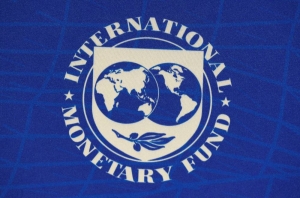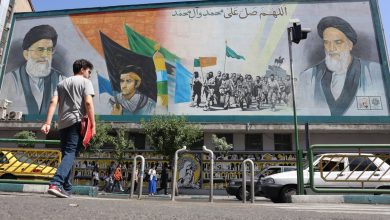Qatar expected to continue consolidating public finances, reduce hydrocarbon exposure: IMF


Energy exporter Qatar is expected to continue consolidating its public finances, reduce hydrocarbon exposure and support diversification efforts, the International Monetary Fund has said in its latest regional outlook
Overall fiscal surpluses, however, are projected to narrow among GCC members that rely on public finances for their economic diversification (Kuwait, Qatar and United Arab Emirates), due to moderating hydrocarbon prices, the IMF said.
Beyond 2024, non-hydrocarbon fiscal deficits as a percentage of non-hydrocarbon GDP are expected to generally improve across Mena oil exporters.
Alongside, lower oil production and hydrocarbon prices are expected to drive a persistent decline in the external positions over the medium term.
While non-hydrocarbon primary balances as a share of non-hydrocarbon GDP improved for Qatar, Bahrain and Oman, they deteriorated for Kuwait, Saudi Arabia, and the UAE, the IMF said.
Still, overall fiscal balances deteriorated in 2023 for most GCC economies due to lower oil revenues following oil production cuts and broadly stable oil prices.
While overall balances also worsened among non-GCC oil exporters amid lower oil revenues, non- hydrocarbon primary balances are estimated to have generally improved, the IMF noted.
Resilience in the global economy and easing global inflationary pressures are positive developments for economies in the Middle East and Central Asia, the IMF said.
Overall growth is projected to strengthen to 2.8% in 2024 (from 2% in 2023) and 4.2% in 2025.
The conflict in Gaza has caused immense human suffering. In addition, Red Sea shipping disruptions and oil production cuts have added to existing vulnerabilities related to high debt levels and elevated borrowing costs.
Accordingly, growth is projected to remain subdued, improving moderately to 2.7% in 2024 (from 1.9% in 2023).
In 2025, growth is projected to strengthen to 4.2% as the impact of these temporary factors is assumed to fade gradually.
Among the Gulf Cooperation Council members, non-hydrocarbon activity is set to be the main contributor to growth as countries continue to pursue growth diversification plans.
Meanwhile, Mena emerging market and middle-income countries face rising fiscal pressures, with elevated interest payments eroding efforts to strengthen fiscal positions.
The conflict in Gaza and Israel is adding to uncertainty, with the duration and impact of the conflict remaining highly uncertain, the IMF said. In addition, conflicts are also adversely impacting activity in some fragile and low-income countries, though the tide may start to turn for a few economies, with economic conditions projected to improve in 2025 as growth-dampening factors gradually wane.
On the positive side, monetary tightening cycles appear to have ended in most countries as inflation is approaching its historical average in many Mena economies, with inflation close to or even below average in one-third of economies, the IMF said.







